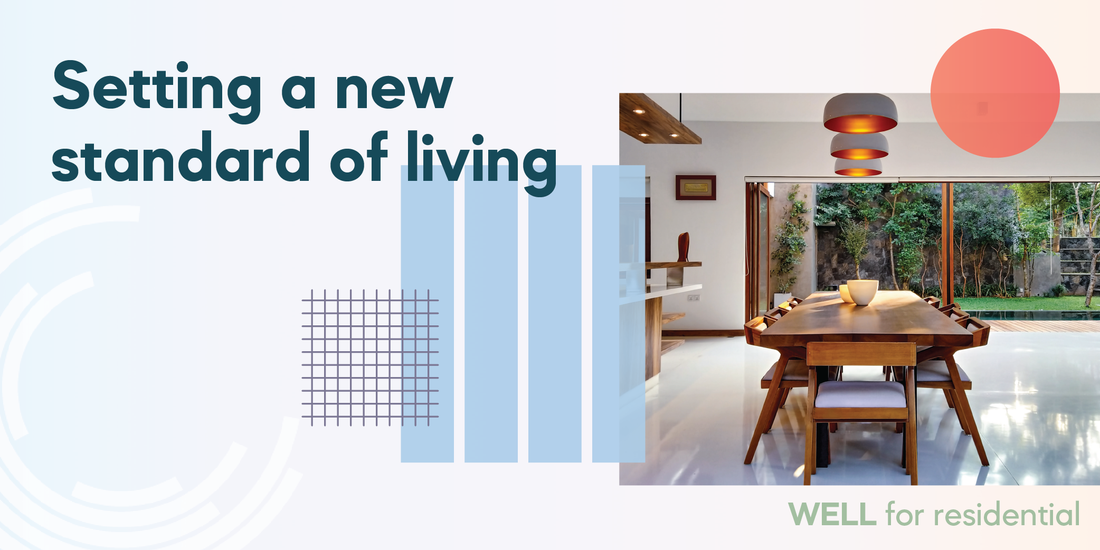Has any integrator playing in the high-end luxury market ever wondered why one of his or her previously top-performing salespeople suddenly seems to be demotivated and in a sales slump? According to information from the independent New York-based Luxury Institute, it could be something you are doing, not necessarily a problem with the salesperson.
The Luxury Institute recently held “intimate and confidential individual interviews” with top performing in-store sales associates across the spectrum of top-tier luxury and premium brands. The Institute also cross-checked the findings with store managers and retail heads to confirm the results. These top performing associates average more than 12 years of experience, and most perform supervisory roles. They are among the 20 percent of associates who deliver 80 percent of the dollars to top brands, comprising all genders and ethnicities.
The data reveals a “performance-numbing lack of communication” between top-tier luxury brand headquarters and their front-line associates. “The consequences continue to be a significant loss of sales, high employee turnover, poor morale, and most importantly, severed or damaged client relationships,” says the Institute. While the focus of the study was on retail luxury brands, many integrators may be able to relate to these same issues for their own sales teams.
According to the Luxury Institute, luxury employers who adopt these principles will boost their sales by 20 percent to 30 percent. Here are the seven critical issues that top-performing salespeople say negatively affect their sales performance.
1. Sales Training Is a Waste
Top performers are unanimous on this point, according to the Institute. Successful salespeople learned how to build client relationships from parents and exemplary mentors who inspired in them a passion for living their life purposefully on a daily basis and helping others at work beyond the training tools provided by the brand. They see product and operational training as table stakes. According to these top performers, current sales training is coercive and dehumanizing.
The best associates tell Luxury Institute that they have honed their skills mostly through trial and error, learning to listen without judgment, asking relevant questions, earning trust, and finding creative ways to make individual clients feel cared for and special.
They acknowledge that it took far too long for them to achieve top performance. They want accelerated relationship-building skills for everyone on the sales team, especially for young associates. These young team members have grown up on social media, and the veterans observe that many can’t make eye contact, they lack empathy, and that they are unable to apologize without stating, “I am so sorry you feel that way,” when they make a mistake.
Some top sellers have hired personal coaches at their own expense.
2. Client Feedback Is Often Ignored: Inventory Is Mismanaged
Clients provide constant feedback to the sales associates about products, policies and trends. According to top sales associates, this critical intelligence is rarely collected systematically, or acted upon. One frequently cited example is the constant tweaking, or discontinuance, of timeless staple brands.
Another impediment is inventory mismanagement. VIP clients are often left wanting due to mismanagement of inventory. These destroy customer lifetime value and relationships. Many clients feel betrayed and don't return.
Top associates say customer attitudes, desires, and behaviors change often. They recommend that these changes be monitored through periodic market research, or by aggregating customer feedback through the voice of the associate. Also, meet with the sales team prior to rolling out any new product offering.
3. Stop Spamming Clients With Emails
Top sales associates earn trust with top clients by committing to them that they will not be spammed by emails or contacted excessively. But salespeople complain their clients are sent waves of “irrelevant, impersonal emails and other communications,” even though the campaigns are often well-intentioned and well-executed.
Associates say they prefer to keep their frayed, outdated black books, and protect their relationships, rather than enter the information into the database and lose a great client. The result is a massive loss of a critical asset in the era of Big Data. Even more damaging, when a client loses trust, the impact on sales is negative and too often permanent.
The best sales associates suggest using a CRM specialist who understands that personal, measured, humanistic communication is required to build a long-lasting client relationship.
4. Stop Discounting Products/Services
One of the greatest annoyances for both clients and sales associates are inconsistencies regarding product pricing. When clients see products or services for which they paid full price available later for a lower price, they revolt and demand make-goods. The wealthiest clients are particularly vocal, based on principle.
Pricing inconsistencies makes clients hesitant to buy at full price. It also allows sales associates, who want to stay in the client’s good graces, to encourage clients to wait until the products go on sale. Those, according to the top performers, are the games they are forced to play, which adversely affect their credibility and their earnings.
They suggest offering more exclusive products for their own channels, and offering classic, heritage, and signature products that never go on sale. Providing early access to very limited-edition exclusives is not only a more profitable way to engage VIP clients than early access to promotions, it is also a more meaningful way to connect with them. Top associates are happy to let marketing communicate sales and promotions. They would prefer to have the inside scoop topics to talk about.
5. Keep Technology Up to Date
Top performers say it's a big positive to have “wow factor” in a showroom, but it needs to be kept up to date. That same message goes for the back-end systems, such as inventory management. Even things like making sure the Wi-Fi in the showroom is fast and accessible are a plus. If your showroom Wi-Fi is slow, what do you think a customer will think about the system you can install in their home?
6. Social Media Hurts Local Marketing Initiatives
Top sales associates are active personally and professionally on social media. Many of them post to Instagram almost daily and appreciate that some of their clients stay in touch, albeit lightly, on Facebook and Twitter. However, they report, and the research bears out, that the wealthiest and highest potential clients are less active on social media than aspirational consumers, and are becoming even less so as they become more fearful of the potential damage to their identity, reputation, and privacy.
Wealthy clients have far more to lose in a social media environment where the evidence now shows that their data lacks any protection.
According to top associates, marketing has failed to get the message. They want more funds for customized gifting, rewarding special clients, and creating personalized and exclusive client events. They are happy to be held accountable for the return on investment required to fund those programs and invite marketing to be a part of the brainstorming, execution, and measurement.
7. Offer Flexible Schedules
Calling working schedules “dehumanizing” and “stuck in the Industrial Age,” the study says employers need to be flexible in both scheduling and compensation. Top sales associates who pay for themselves in multiples want flexible schedules and compensation to maximize productivity. For example, part-timers can be some of the most productive sales associates.
If you enjoyed this article and want to receive more valuable industry content like this, click here to sign up for our digital newsletters!





 New York's Luxury Institute finds sales training to be a waste, and product discounts are ineffective on high-end clientele.
New York's Luxury Institute finds sales training to be a waste, and product discounts are ineffective on high-end clientele. 



